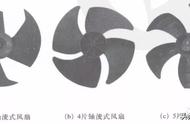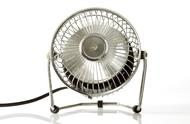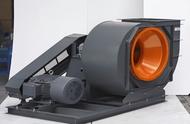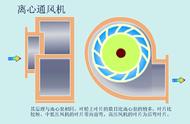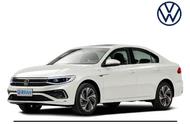
1.叶片(Blade),是风机的核心,与风向形成角度提供升力,从而使Rotor转动。
2.Pitching System
液压控制模式
电动控制模式
可以根据风速大小来调整叶片的迎风角度,达到较大效率。
当风速较大需要停机时,可以把叶片调整到0度。
3.低速轴,高速轴和变速箱。
因为风机叶片的旋转速度不能满足一般发电机发电转速,所以会用一个变速箱来连接两根轴。
高速轴:
变速箱;
4.发电机,在高速轴的带动下,可以发出60HZ的交流电。还有一种是液压驱动电机,可以省去变速箱部分。
高速高压发电机,可以适用于大型风机,尤其是海上风机。
5.旋转系统(Yaw system),可以根据风向来调整风机的朝向。
6.传感器等
• Rotational speed of the rotor
• Rotational speed of the generator and its voltage/current
• Lightning strikes and their ge
• Outside air temperature
• Temperature in the electronic cabinets
• Oil temperature in the gearbox
• Temperature of the generator windings
• Temperature in the gearbox bearings
• Hydraulic pressure
• Pitch angle of each rotor blade (for pitch-controlled or active-stall-controlled
machines)
• Yaw angle (by ing the number of teeth on the yaw wheel)
• Number of power cable twists
• Wind direction
• Wind speed
• Size and frequency of vibrations in the nacelle and the rotor blades
• Thickness of the brake linings
• Condition of tower door, open or closed
7.控制系统,作用是根据传感器数据来调整风机状态,尽量提高效率,减小载荷。

8.变压器,变频器。
因为风机发出的电电压远低于电网电压,所以需要调整以后才能并网使用。
9.桩体,对风机进行支撑。
三:海上风电
海上的摩擦系数小,平均风速较大,湍流影响小,所以近岸海上是理想的风电场所,不过由于造价较高(一般为陆上2-3倍),限制了建造的规模。

海上风电分为固定式(Fixed bottom)和浮式(Floating)两种。
固定式根据底座(Foundation)和支撑结构(Support Structure)形式的不同,主要分为以下几种:
Monopile







